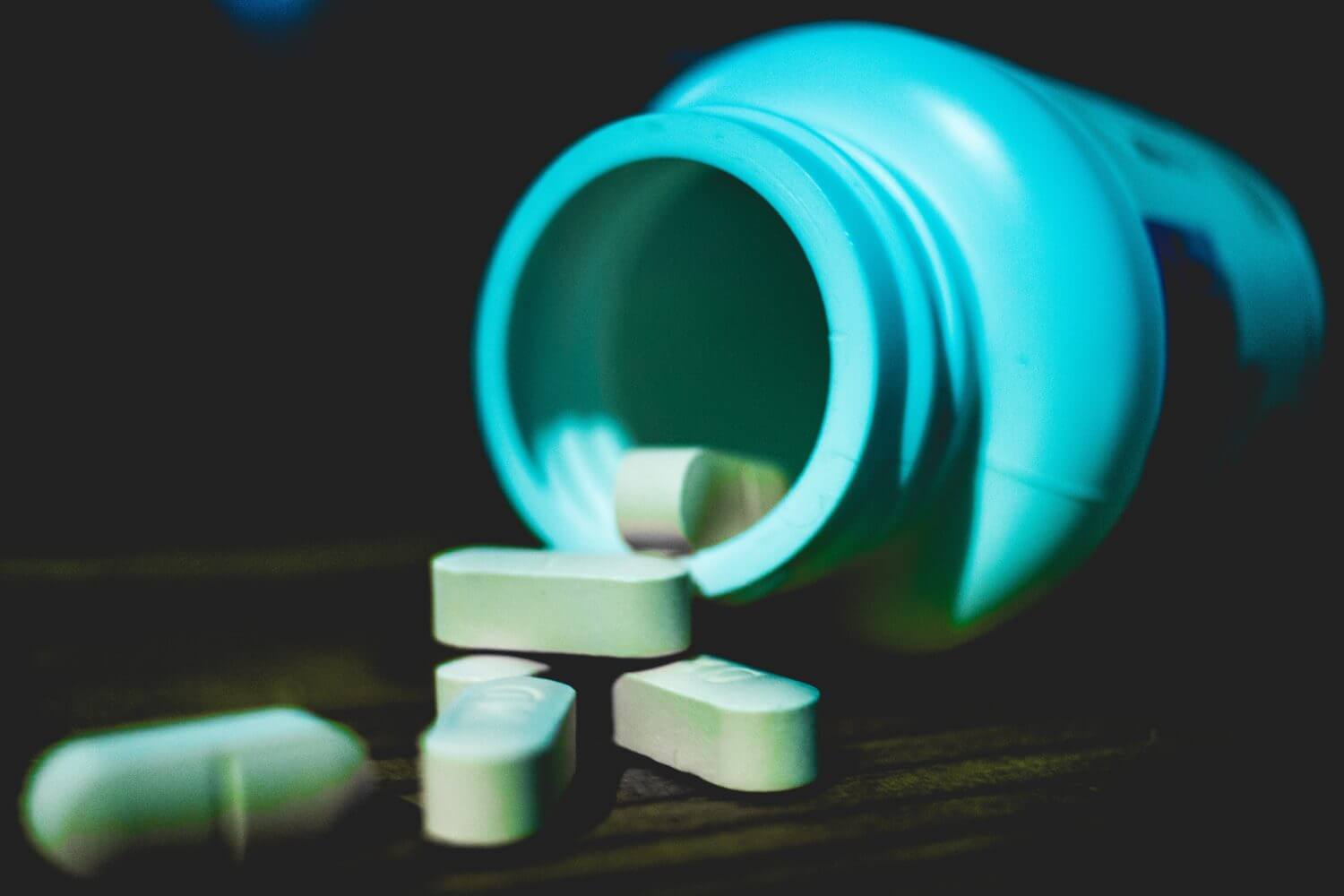Substance abuse isn’t just limited to prescription medications and drugs you can buy on a street corner. Over the counter or OTC drugs can be just as deadly if misused. OTC drugs, as the name suggests, can be bought without a prescription and without going to the pharmacy counter. Although these medicines are typically safe and non-addictive if used according to dosage instructions, they can become addictive if they are abused. Usually, they are misused by being taken in higher doses than recommended, or by combining them with other drugs.
Some OTC cough and cold medications contain drugs that are psychoactive, meaning they alter mental states. Dextromethorphan is a cough suppressant and expectorant found in many OTC medicines, and it’s an opioid that doesn’t affect pain. It can cause euphoria, dissociation, and even hallucinations when amounts larger than the recommended dose are taken. It is sometimes mixed with soda to improve the flavor, which is called “robotripping” or “skittling.” Breathing problems, seizures, and increased heart rate are some of the dangerous side effects.
Pseudoephedrine (Sudafed) is another medication typically used to treat colds, but it is also one of the primary ingredients used to make meth. The United States government has tightened regulations on the purchase of pseudoephedrine products, and they now have to be purchased at the pharmacy counter. Some states even require a prescription or only allow a person over 18 years old to purchase pseudoephedrine.
According to the Substance Abuse and Mental Health Services Administration, in one year about 3.1 million people between the ages of 12 and 25 used an OTC cough and cold medication to get high.
As strange as it sounds, there is an anti-diarrheal that can be used to get high. Loperamide (known by the brand name Imodium) is an opioid that can cause euphoria. Unfortunately, it also causes fainting, stomach pain, constipation, loss of consciousness, cardiovascular problems, and kidney failure. Withdrawal symptoms include severe anxiety, vomiting, and diarrhea. Loperamide is sometimes mixed with other opioids like painkillers and heroin, which makes an overdose more likely. Breathing can slow greatly or stop, which causes a lack of oxygen to the brain, resulting in coma or death. Because they are opioid medications, naloxone can be used to treat overdoses of dextromethorphan and loperamide.
There are no medications approved by the Food and Drug Administration to help treat OTC drug addiction. Behavioral therapies such as cognitive-behavioral therapy and contingency management are the recommended method. Cognitive-behavioral therapy helps change the patient’s expectations and behaviors regarding drug use, as well as helping them manage triggers and stress. Contingency management provides vouchers or small cash rewards for certain positive behaviors, for example, staying provably drug-free for a week.
If you or a loved one need help to quit drugs or alcohol, consider Asana Recovery. We offer medical detox, along with both residential and outpatient programs, and you’ll be supervised by a highly trained staff of medical professionals, counselors, and therapists. Call us any time at (949) 438-4504.



